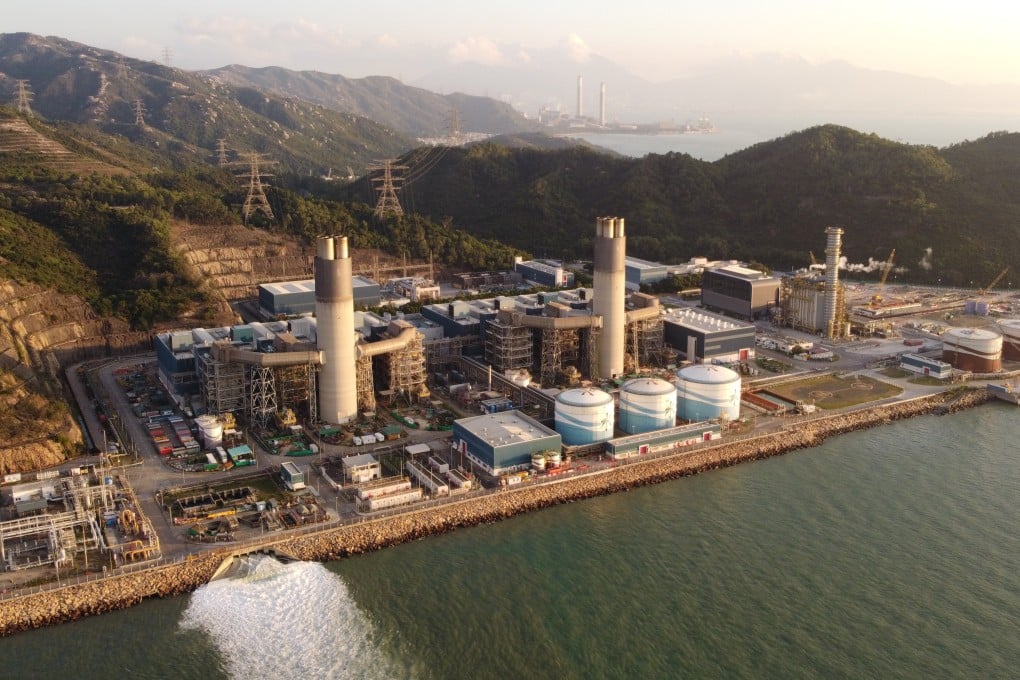CLP Power and HK Electric adapt to help Hong Kong realise 2050 carbon-neutral goal
- As Hong Kong aims to become carbon neutral by 2050, the city’s two power utilities are adapting, changing and overhauling operations to meet the goal
- Greenhouse gas emissions from electricity generation have declined by 22 per cent between 1997 and 2020, according to the Environmental Protection Department

Hong Kong, a metropolis known for its highly reliable electricity supply, has taken big strides to reduce pollution since the government banned new coal power plants 25 years ago while imposing increasingly stringent emission caps on power companies.
Net-zero emissions globally by mid-century are essential to efforts to contain global warming at 1.5 degrees Celsius by 2100 from pre-industrial levels, and prevent disastrous impacts of climate change.
“We support [efforts] to reduce carbon emissions by deploying the best practical technologies and operational excellence, and through changes to our fuel mix,” said Chiang Tung-keung, managing director of CLP Power Hong Kong, which supplies electricity to 80 per cent of the city’s population.

By installing desulphurisation and denitrification equipment at its coal power plants, using cleaner-burning coal and introducing natural gas into its fuel supply, CLP has cut emissions of sulphur dioxide, nitrogen oxides and respiratory particulates by over 90 per cent since 1990. These pollutants are major contributors to acid rain and lung diseases.